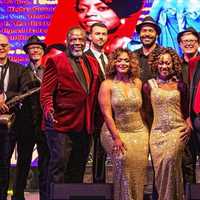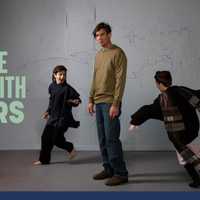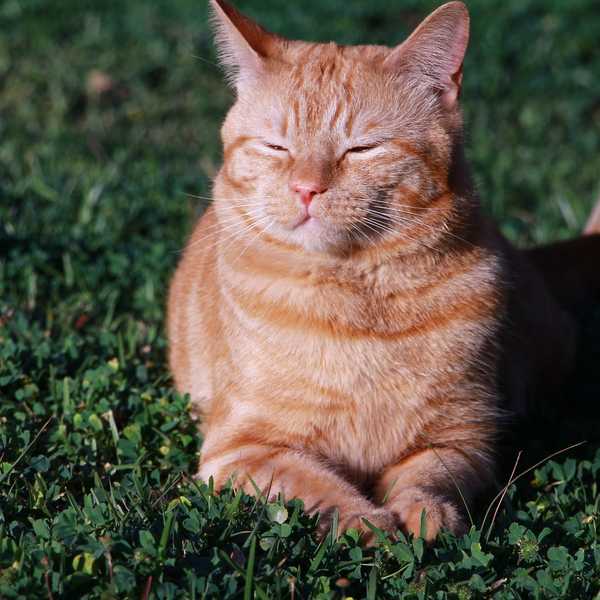By PARIS POMPOR
“I’d heard Link Wray’s ‘Rumble’ my whole life, I just never knew that Link Wray was Native American.”
Guitarist Stevie Salas is talking about the rebellious, rockin’ – and in every way rolling – 1958 single that was banned from the radio for fear it would drive delinquents towards debauched acts.
There were no lyrics goading gang violence, ‘Rumble’ is an instrumental. But like many of the musicians and songwriters you’ll meet during a new documentary called ‘Rumble: The Indians Who Rocked The World’, Link Wray was influential in more ways than one. His ancestry however, was a largely buried fact. From Led Zeppelin to The Ramones, Iggy Pop to Adam Ant, ‘Rumble’ had the power to stop people in their tracks on first listen, and either make them change course or compel them to forge new genres. In other words, to paraphrase Adam and the Ants, become “kings of wild frontiers”.
Rumoured to have purposefully punched holes in his amplifier’s speaker cone with a pencil resulting in a grungy new guitar sound, Link Wray’s tune has gone down in history as one of the earliest recorded examples of distortion, a hallmark of the rock and punk to come. From power chords to feedback, ‘Rumble’ has a lot to answer for.
“He’s influenced everybody,” says Salas, who is one of the executive producers of the film. “Johnny Depp told me he wants to be Link Wray. Jeff Beck told me, he and Jimmy Page – when they were in high school – used to play air-guitar to Link Wray, jumping around in the bedroom at his parents’ house.”
And yet, not even Salas, who is Native American himself, knew of Link Wray’s parentage.
Alongside Wray, there were many others. From jazz singer Mildred Bailey and session player Jesse Ed Davis, to Buffy Sainte-Marie and Jimmi Hendrix. Not only were true identities largely missing in the public’s music consciousness, but so too was the important way they helped shape funk, blues, pop, hip hop… you name it.

“What we set out to do…” with the film, says Salas, “was not just tell the story about these people but to show something much more important. We wanted to show how they influenced music history as we know it. We wanted to show that these people were deeply influential. That the sound of pop music that we know around the world was really influenced heavily by these people.”
For example viewers might be surprised to discover Mildred Bailey’s mother was from the Schitsu’umsh tribe of Idaho. They might also be surprised to learn Grammy-winning crooner Tony Bennett appears in the film, admitting he basically listened to Bailey exclusively for many years to develop his style.
Salas and the filmmakers were keen to have this kind of big selling, household-name artist on screen telling the audience how much they were shaped by Native American musicians.
Another example?
“We went to Steven Tyler to tell us how when he was creating the sound of Aerosmith with Joe Perry, how much he was listening to Jesse Ed Davis and Taj Mahal.”

Along the way Salas made some remarkable discoveries.
“I was interviewing Cyril Neville [The Meters, Neville Brothers] and Monk Boudreaux [Golden Eagles Big Chief],” he recalls. “We used to hear about the Mardi Gras Indians… but we didn’t know what they really were. Monk Boudreaux and Cyril Neville told me that originally, it was pretty much illegal to be an Indian – you were better off being a Black man. There were a lot of dark-skinned Indians that people thought were Black. People wouldn’t allow Indians to be who they were, so on this special day [during] Mardi Gras they could dress like who they were and celebrate [their identity] under the disguise of it being like a party. That was pretty mind blowing to me.
“The other thing that was pretty mind blowing was… we always thought the Delta Blues was a Black art form. At least I was brought up to believe that. I didn’t know Charlie Patton [Father of the Delta Blues] wasn’t Black. Once we started digging into Charlie Patton we really started to see that the Delta Blues and the sound which was the foundation of rock n roll in America, was not just a Black thing – and not just a Native American thing – it was a blend of all those cultures.”
Can Salas discern something intrinsically unique in the way Native American musicians play?
“It’s hard to explain or define. For instance Randy Castillo: he was a heavy metal/hard rock drummer… but when he laid it down – and the guys in Ozzy Osbourne’s band talk about it – there’s a subtlety to his rhythm that’s connected to the heartbeat. His four-on-the-floor feels different to other guys’ four-on-the-floor. He’s got a distinct rhythm. Me, as a rhythm guitarist, I would play guitar with George Clinton who was the king of funk and Bootsy Collins… but I didn’t sound like those Black guys. Then I go play with Mick Jagger and my rhythm was a whole different level, but was still rock n roll. So I have this rhythm that is neither black nor white. I think that comes from inside our soul and who we are as human beings.”
After success as a session guitarist, Salas felt a need to give back to his community, but not just by highlighting their talents and correcting history.
“I would go to Indian Country as a young man purely for selfish reasons because I would be out of my mind and I would need some grounding and some balance and [need to] get my shit together. I made a conscious effort when I turned 40 years-old that I was going to dedicate the second half of my life to doing something for others and go back to Indian Country and help other people’s dreams come true.
“The things that I had learned traveling around the world, couldn’t be taught in books. I started to see there was a real need for leadership and a real need for role models.”
‘Rumble: The Indians Who Rocked The World’ screens at the Sydney Film Festival this month. Tickets/Session Times Executive Producer Stevie Salas will be in Sydney for the local premiere.

Share "RUMBLE: NATIVE INFLUENCE"
Copy











